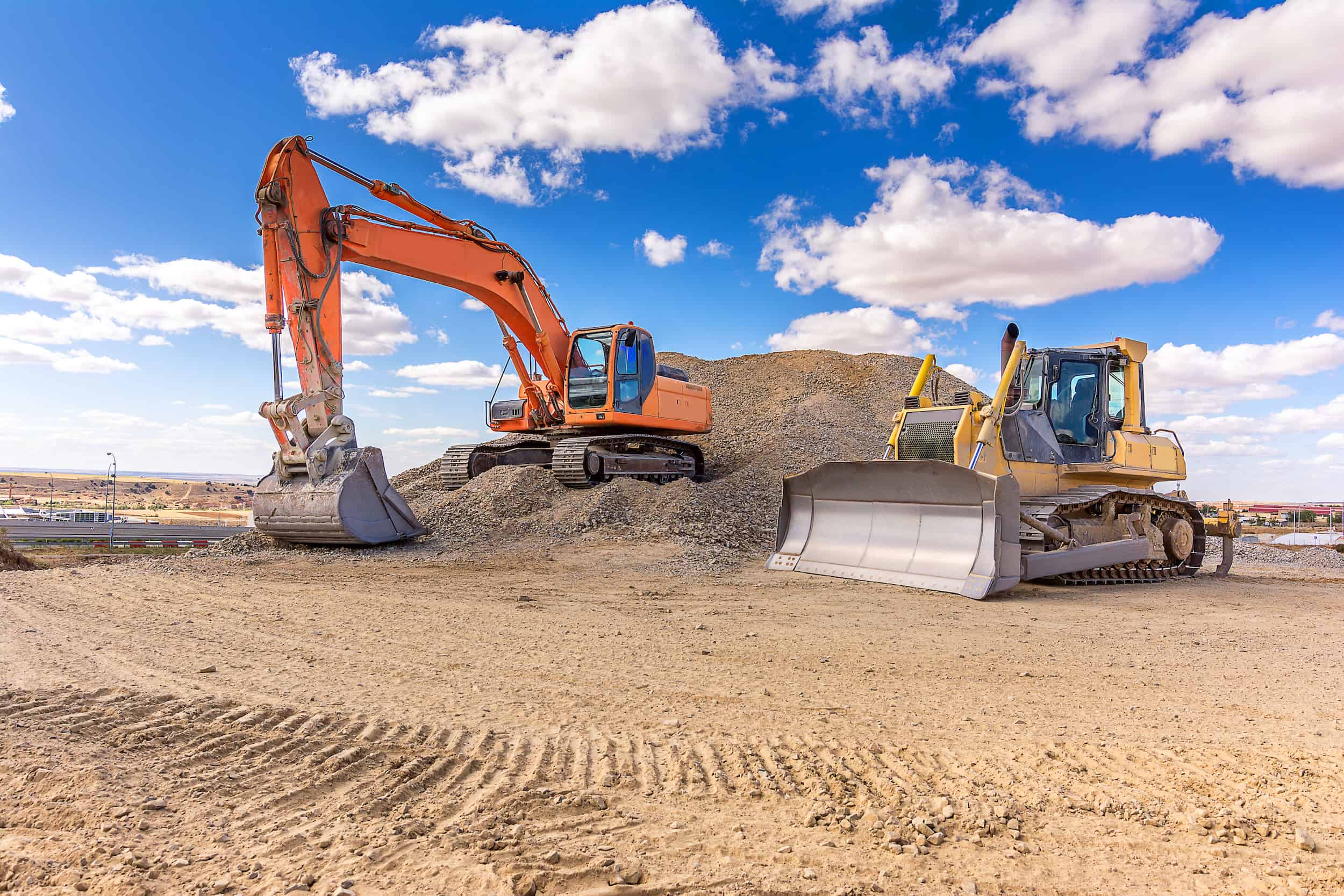October 13, 2020
7 Reasons Why Write-Offs Happen

Write-offs are a constant thorn in the side for companies big and small. We don’t have exact figures for industries like manufacturing and construction, but we estimate it to be a fearsome hit to the bottom line. It’s not uncommon for CEOs and CFOs in large companies to face millions of dollars in write-offs each year.
The majority of write-offs are avoidable. You only need to identify where they happen – and figure out why – before you can deal with the issue. Here are some of the top reasons why write-offs have happened to our clients across a range of industries:
1. Manual tracking and lack of frequent measurements
A leading cause of inventory write-offs is a faulty inventory management practice like manual inventory tracking and an irregular counting cycle. Many SMBs still use an outdated, manual method to track their inventory which is inefficient – and occasionally misleading. Some businesses haven’t gotten around to implementing an inventory management system in the first place. They rely on estimates. When they estimate wrong, it causes multiple delays, stock-outs, and other issues.
Moreover, many businesses only measure their inventory a handful of times each year. This is mainly due to the costs and the difficulty involved with manual tracking. A business’ inventory levels fluctuate rapidly over time, based on supply and demand. If the managers don’t know what’s available and what’s needed, they can’t make informed business decisions. This leads to errors with the inventory handling and use – and the more the inefficiencies and errors, the higher the write-offs.
2. Not getting what you ordered
You placed an order for some material that production needed and it was shipped to you on time, but did you in fact receive what you ordered? It’s common for inventory records to say one thing but the on-ground stockpile levels to reflect another reality entirely. Businesses commonly receive less than what they ordered, which can cause production to grind to a halt or they receive more, which may cause the inventory stockpiles to stagnate, perish, or become obsolete. Sometimes companies will produce less than necessary or too much, which may also cause inventory loss.
3. Auditing errors
Auditing errors are a primary cause of write-offs. Often, it’s the measuring equipment at fault. The belt scales used to track production output have wheels that wear out over time, which leads to a mismatch between what’s being produced and what’s being recorded. Sometimes the inventory gains weight over the season due to changing weather and heightened moisture absorption, which throws off the conversion numbers. Ever so often, someone will make an administrative or accounting error – like using an incorrect unit of measurement or entering a transfer imbalance.
5. Inventory loss and spillage
A significant portion of your inventory will get lost or spilled. For stockpiles of fine material like sand, it’s common for 10% of the total volume to be lost due to spillage. This is especially the case when a rookie loader is responsible for moving the material about, or if the material is placed in unsuitable storage where it can’t be scooped up properly.
6. Inventory theft and fraud
Outdoor stockpile storages and work areas like construction sites make for easy targets for thieves. And external threats aren’t all you need to worry about. When a construction crew heads home for the day, some members won’t think twice about taking some valuable material – like copper – home with them. Further, fraud is always a concern, especially if you’re working with an unreliable or unknown offshore supplier. Suppliers are known to shortchange, shipping significantly less than what you ordered.
7. Inefficient stockpiling practices
Finally, poor stocking practices are also a leading cause of write-offs. It’s not always easy to predict the amount of material production is going to need. You may not order enough, which hurts production. You may order too much, which leads to overproduction. When you do manage to figure out what you need and order the right amount, the supplier may end up having problems and not to ship to you on time. All of this will cause write-offs.
Wrapping Up
You won’t be able to eliminate all write-offs– especially unavoidable ones like floor loss and spillage. But through some savvy management practices and the use of modern technology – like Stockpile Report’s instant measurement system – you can reduce the majority drastically. It will lead to significant savings yearly, with only a reasonable amount of effort on your part.
Reach out to learn how SR can assist your unique business in reducing write-offs with our industry-leading technology.
Stay In the Know
Be the first to know about the latest Stockpile Reports news and features.